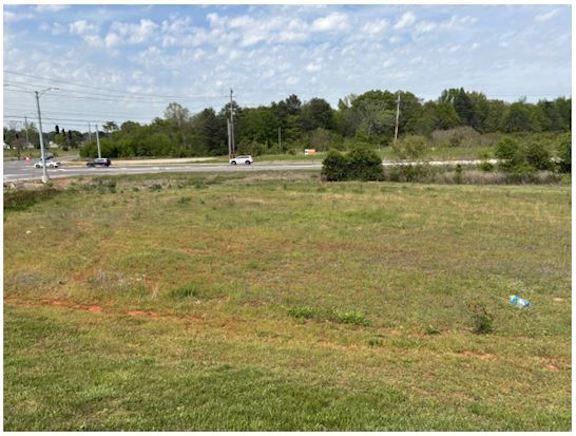Highway shooter trial continues Monday in Limestone
Published 6:30 am Saturday, February 11, 2017
Jurors are expected to hear closing arguments Monday in the attempted murder trial of Noah McGlawn, the Tennessee man accused of shooting a motorcyclist on U.S. 72 in Athens in 2012.
The defense rested its case Friday in Limestone County Circuit Court without McGlawn testifying.
Trending
Under the law, the accused cannot be compelled to testify; the state, represented by the Limestone County District Attorney’s Office, must prove its case against him.
As is customary, defense attorney Patrick Tuten of Huntsville asked Circuit Judge Robert Baker to acquit his client because he believed the state had not proven its case.
Baker overruled Tuten’s motion.
On Friday morning, Deputy District Attorney Jim Ayers Jr. cross-examined clinical psychologist Mark Cunningham, a defense witness from Texas who first took the stand Thursday afternoon. Cunningham believes McGlawn is autistic, that his condition is a mental disease or defect and that the condition is severe.
Later in the day, Limestone County District Attorney Brian Jones called Dr. Glen King of Kirkland & King Clinical & Forensic Psychologists of Montgomery to rebut Cunningham’s testimony. King said he did not find McGlawn to be autistic.
King said McGlawn may have Asperger’s syndrome, a condition on the autism spectrum with generally higher functioning. He said he did not find the condition to rise to the level of a severe mental disease or defect.
Trending
Under Alabama law, a person may be found not guilty if he was suffering from severe mental disease or defect and, as a result, was unable to appreciate the nature and quality of or wrongfulness of his acts.
Jurors are expected to receive the case after closing arguments and jury instructions Monday.
Defense attorney Edward Alley of Athens is also representing McGlawn along with Tuten.
The shooting
McGlawn is accused of firing two shots into Brandon Matlock of Athens as he rode his motorcycle westward on 72 on Sept. 10, 2012.
Matlock testified Monday that McGlawn’s first shot from a .22-caliber pistol entered and exited his upper right arm. Matlock said McGlawn then slowed down and fired another round into his low back, which had to be surgically removed.
McGlawn turned himself in to police after the shooting. When asked what prompted the shooting, McGlawn told Athens Police Investigator Chris Slaton he was angry at his father, who wanted him to go to tech school.
McGlawn had gone a week to the school in Tennessee to study maintenance but did not like it. He told police he was angry and “just felt like shooting someone” on Sept. 10.
He left home with a pistol, ammunition and two cans of food. He drove around Tennessee and Alabama for hours before seeing Matlock and firing two shots at him. The two men did not know each other.
Although Matlock recovered, he testified he still has difficulty with fine motor skills like turning a nut or bolt with his right hand.





